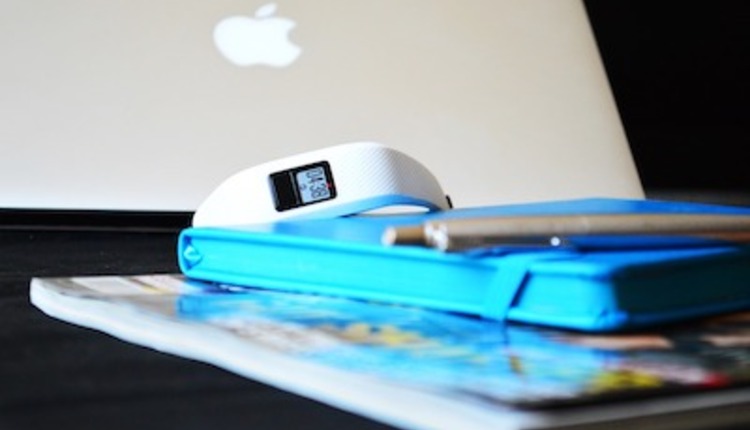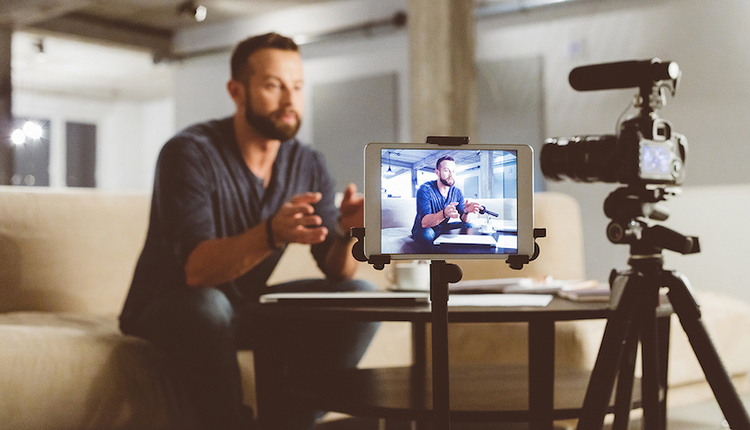One thing, and one thing only, got Jim Stritzinger to take up running. It wasn't new running shoes or a desire to trim down or get away from the computer, he says.
It was a small sensor in his shoe that he is not even aware of anymore.
Stritzinger, 45, belongs to a growing number of fitness fanatics who rely on wireless technology to monitor workouts, offering them real-time coaching and a social network. Where pedometers once ruled exercise gadgets, these virtual workout buddies are taking off and adding more capabilities (prices range from $50 to $700).
Adidas introduces one this month (miCoach Pacer, $139) that could give the Nike+ model Stritzinger uses a run for its money.
Three devices are among the top 100 sports and outdoor products sold at amazon.com.
A shout-out from Lance
Amy Reinink of Silver Spring, Md., a runner and running blogger, says, "These devices are standard issue for serious recreational runners who do marathons or half marathons." She wears a Garmin for its accuracy measuring distance.
While Stritzinger is pounding the pavement and listening to music playlists, the Nike+ sensor ($30) sends information to an application on his iPod, allowing him to hear audible updates about how far he has run and how fast. A bonus: He gets a shout-out from Lance Armstrong through his iPod when he needs a boost.
"I joke with my sons that I ran with Lance today," Stritzinger says. "Trust me, I work a little harder when Lance tells me to step it up. He busts my butt."
An electrical engineer in Columbia, S.C., he says the technology spoke to him when he was shopping with his teenagers. A novice to running until March 2008, he now runs 40 miles a week and will run a Feb. 13 qualifier for the 2011 Boston Marathon.
"I really want to improve my performance," he says. "So I've been approaching it this way: Some guys like to tinker with their cars, tune them up and everything. Why wouldn't I want to do that same thing with my body?"
All he does is put on his shoes (the sensor is under the insole) and iPod. When he's ready, he syncs the information from the iPod to a Nike website that analyzes his workouts, encourages him to sign up for challenges, both virtual and real events, and also offers coaching and a social network.
"I have running buddies all over the world," he says. "I've never met any of them, but we communicate with each other all the time. Also, when I'm done with a run, my iPod automatically sends out a tweet (to Twitter) and posts a status report on my Facebook page.
"I get instant messages from people congratulating me and telling me things like I'm inspiring them to work out."
A simpler device may be enough
Not everyone exercising is training for the Boston Marathon or wants all that information.
Steven Blair, former president of The Cooper Institute, a leader in physical fitness research, is happy with a pedometer. That's not to say he doesn't understand the appeal of newer devices. A professor of exercise science at the University of South Carolina, he is embarking on research into ways technology can help people make healthy lifestyle choices at the Center on Technology Applications for Lifestyle Interventions.
"The research in this area is beginning to blossom," he says. "It is going to be big."
But Blair says most people don't need sophisticated gadgetry and can gauge the intensity of a workout by how hard they're breathing or if they're able to keep up a conversation while working out.
His daughter Ann Blair Kennedy, 37, has tried several devices and now wears a Bodybugg (24hourfitness, $199) 24 hours a day, attaching the sensor strap to her left tricep. It beeps when she reaches her fitness goals and shows her on a small display she wears on her waistband how many calories she's burning.
She likes the "honesty" it brings her, requiring her to sync her calorie consumption and workouts with a website. She dropped her clothing size from a women's 28 to a 14, losing 75 pounds over 1½ years. She finished her first half marathon in December.
"My energy level is great, through the roof," she says. "And as my dad's research has shown, if you're physically fit, you'll live longer."
And in Stritzinger's case, you might end up running longer.
"When I started out, I didn't have a goal of running a marathon," Stritzinger says. "Heck, I thought maybe a 5K if I was lucky."
Visit www.USAtoday.com for more headlines.











